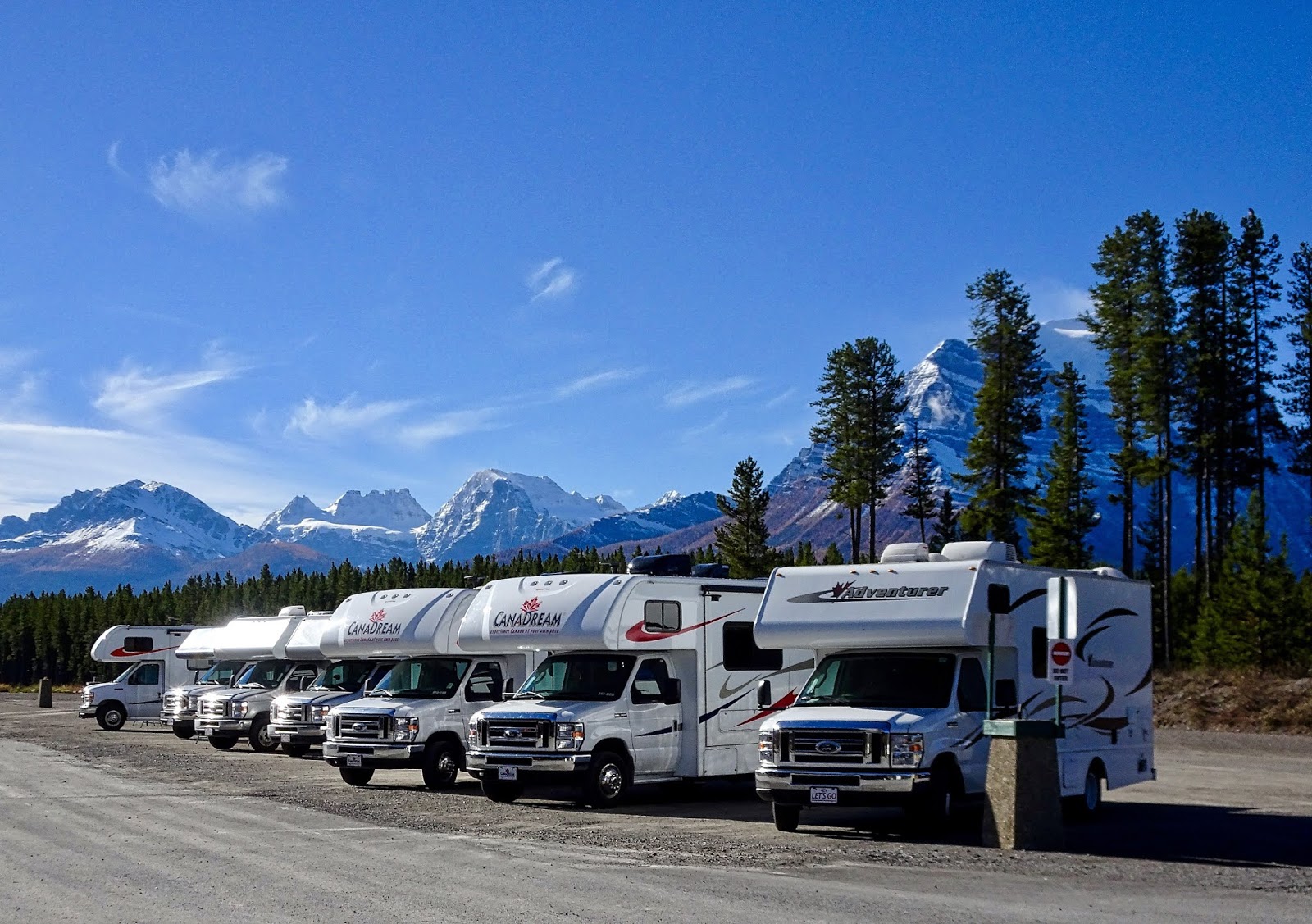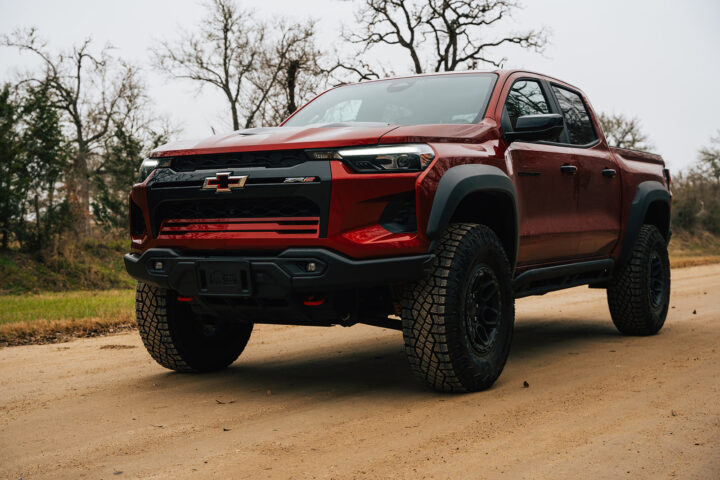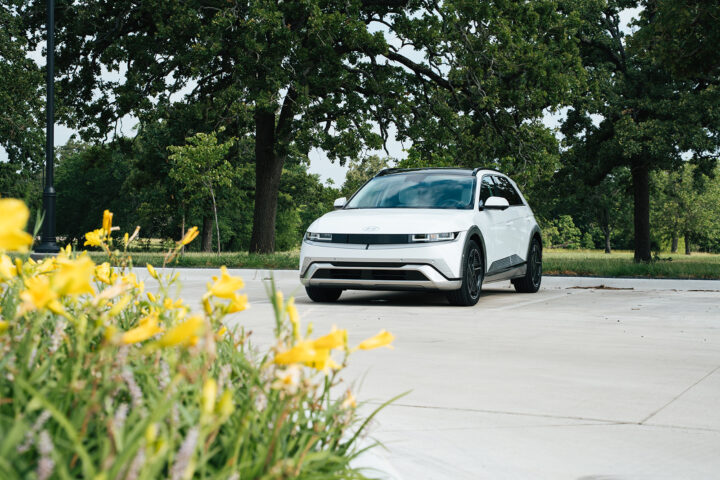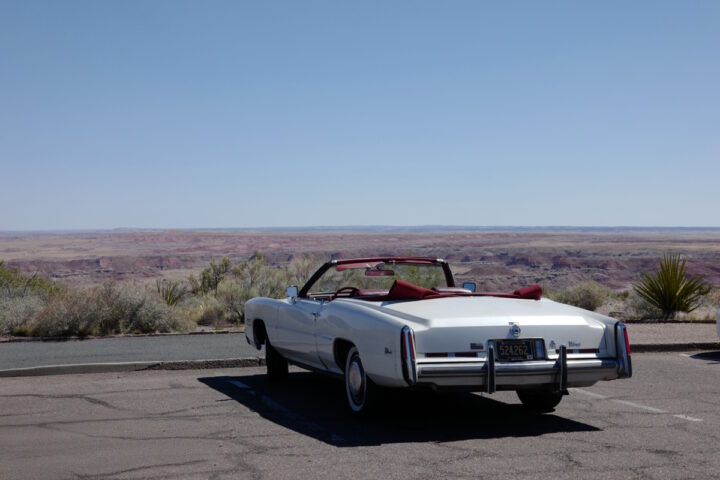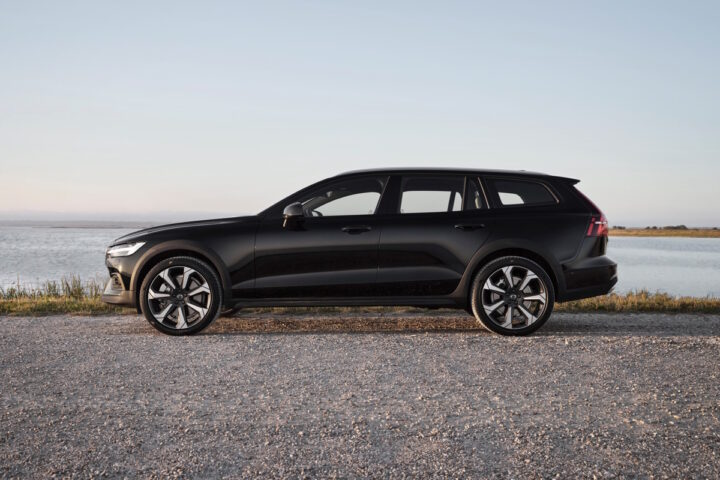Road tripping is an American tradition, the exploration, adventure, detours, and roadside attractions make road trips one of the most popular ways to see the USA, in fact, according to AAA more than sixty-nine percent of Americans were planning to take a road trip for their next vacation. While most people will take their own car or a rental car, more and more travelers are rent recreational vehicles and cutting out the hotel and restaurants on their trips. Since this is becoming a popular trend I decided to look into the costs, benefits, and downsides to renting an RV for your next vacation.
The cost to rent an RV can range wildly depending on what rental agency you choose, time of year, miles, and pick up/drop off location. One of the largest and most popular RV rental firms Cruise America has a rental calculator on their site that allows you to get a quote. The quote I got for a Class-C RV for a week trip, picking up in Dallas, Texas was $1,081.03, not including a $500 deposit, but that does include up to 100 miles per day. Additional miles .35 cents-per-mile, and you will receive a refund of .35 cents-per-mile for every mile under the 100-mile-per-day quote.
This price doesn’t include fuel costs, with even small RVs only get an average of 10.5 miles-per-gallon, meaning your 700-mile trip could cost you around $200. Road trip America has a great fuel cost calculator to help you estimate your cost.
So for a seven-day trip, with 100 miles-per-day, you would be looking at a cost of around $1,200 if you go with a major RV rental company like Cruise America, however, there is an alternative with companies like RV Share which is like an Airbnb for RV rental. Looking locally I found a Class-C through RV Share that was 150 miles-per-day for just $940 per week, however, it did have a $1,500 deposit and insurance was an additional $19.95 per day bringing it right back in line with the $1,200 price point of the Cruise America RV which only has a $500 deposit.
None of these prices include any RV park fees, which with hookups, typically range from $30-$50 per night adding on average another $280 per week to your trip.
While the average night in a hotel is only $103 and a more fuel-efficient car means you could spend nearly $190 per night on a hotel and still be money ahead overtaking an RV on a road trip. Or you can still experience the outdoors and simply pitch a tent at campgrounds with bathrooms. Go Camping America has a great list of campgrounds with restrooms and showers.
Now one question you may have is “What if I have never driven an RV?” To answer that, I reached out to the team at B&B RV an RV rental company in Denver Colorado.
“We’re pretty involved in the process with our customers, especially if they are first-time RVers. Initially, we send them a link to a video walkthrough of the unit, done by one of the owners here. That video takes you around the outside of the RV, shows you the location of everything and kind of goes over some of the basics like dumping the waste tanks or filling the water, etc. Then through the inside where he goes over the key components and control panel. We do everything we can to make sure the customer is completely comfortable with the RV before they head out.” Tom B&B RV.
But his answer brought up another aspect of RVing you might not have planned for, water storage and dumping waste tanks. Since you take your bathroom and kitchen on the road, you have to have the water to bath, wash dishes, cook, etc.. board, so just be prepared to stop and dump your tanks at least once on your trip as most rental companies require you to return the RV with empty waste tanks.
So if you are planning a trip, don’t let the inexperience of driving an RV to keep you from it, most Class-C RVs drive a normal pickup truck, the rental company will walk you through it all, and you just need to remember you can’t go through the drive-thru at Starbucks in the morning.
My top 5 Pros & Cons of taking an RV on a road trip are below:
PROS:
- Unpack Once
- Save on food cost by cooking yourself
- Always have a bathroom
- Comfort for passengers
- Wake up in nature
CONS:
- Cost (compared to driving & camping)
- Limited Access to some roads/locations
- No housekeeping
- Parking can be difficult
- Lack of privacy
For more road trip inspiration check out some of my past travels and stories here.

